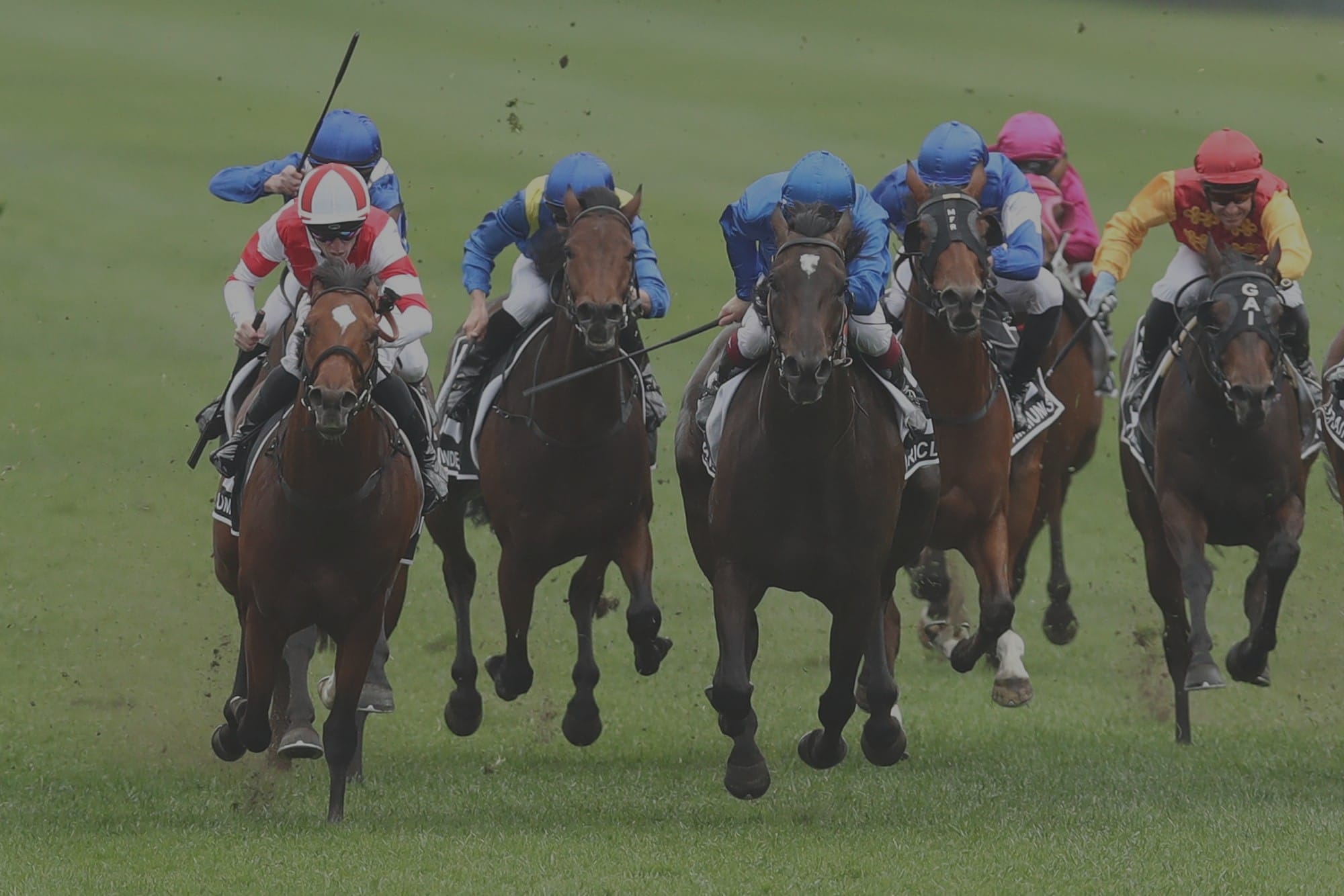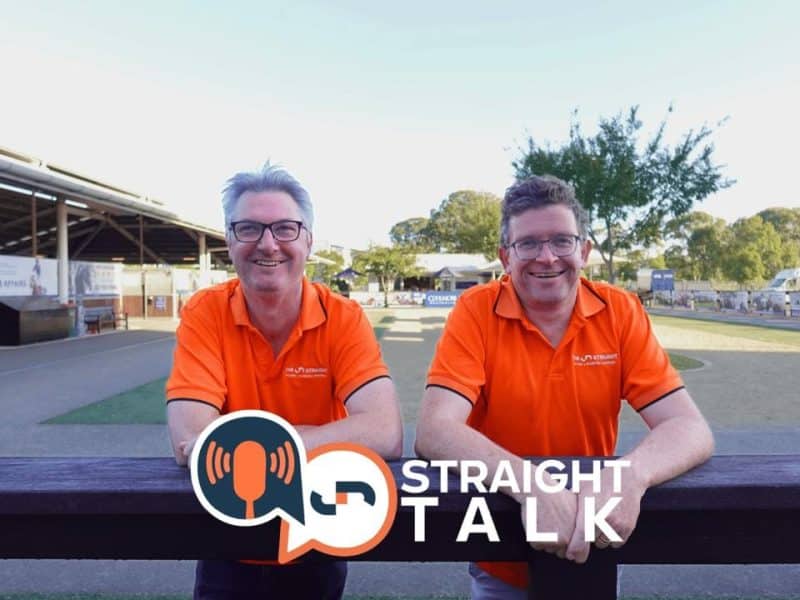Front and centre – Gerard Daffy’s role in the evolution of sports betting
Gerard Daffy remembers the events of the 1993 federal election as if they happened yesterday.
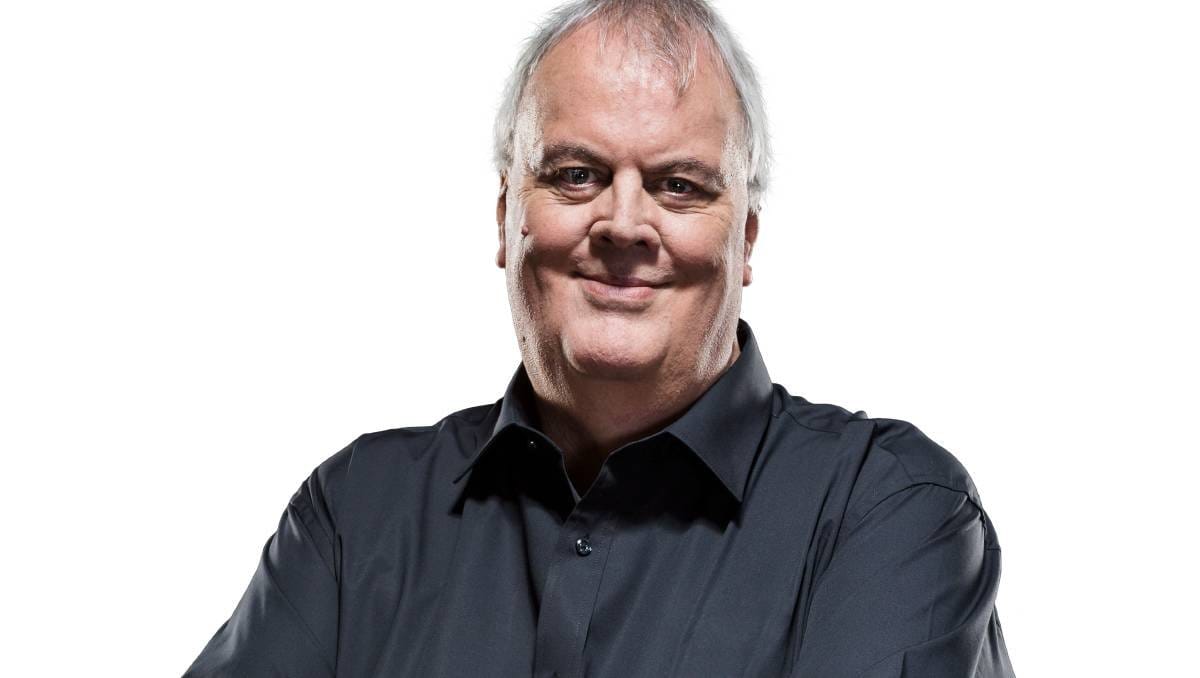
The Labor Party was returned to government in what Prime Minister Paul Keating famously declared: “The sweetest victory of all.”
Opposition leader John Hewson had lost “the unlosable” election in a defeat that was the beginning of the end of his political career.
Having survived a post-election leadership challenge, Hewson was replaced by Alexander Downer during a 1994 spill.
He retired from politics in early 1995, quitting after less than a decade in parliament.
As Hewson’s career ended in Canberra, a revolution was underway in the Australian outback.
A trickle of wagers placed over the telephone and written on paper with the newly licensed sports bookmaker Centrebet soon became a torrent.
In the remote Northern Territory town of Alice Springs, corporate sports betting in Australia had arrived and Daffy, who had been working on Victoria’s racetracks since before he left school, had found his calling.
To this day, he is still thankful for the unwitting roles Keating and Hewson played in creating an industry recognised today as an online juggernaut.
“The election was the best thing that ever happened to us because we were allowed to bet on it and that just created huge news in itself,” Daffy told The Straight.
“A Current Affair flew out and did a story and we were off and running. We were in the right place at the right time.”
Bankrolled by Terry Lillis, an Alice Springs entrepreneur who turned to on-course bookmaking after making his pile in the road construction business, Centrebet became Australia’s first licensed sports betting operator.
Daffy landed in Alice Springs soon after, liked what he saw and started making plans to move his family to the centre of Australia.
“Terry got me there for a week to have a look at the business but in reality there wasn’t much to look at,” Daffy said.
“There was a room they converted at the racecourse into an office … it was about the size of a normal en-suite.”
But from this less-than-salubrious confine with just enough room for three people to work, the vision was clear enough for Daffy.
As NSW and Victorian authorities initially snubbed sports betting as a passing fad, Daffy knew it wasn’t going away and the global opportunities would be unlimited.
“I stayed for a week and it convinced me that this was the future – sports betting,” Daffy said.
“Like everything, straight away some of the smartest punters found us in that first couple of weeks, including a lot of Indian cricket punters … so we were dealing with them.”
Ironically, in the unforgiving heat and dust of a desolate backdrop, business snowballed.
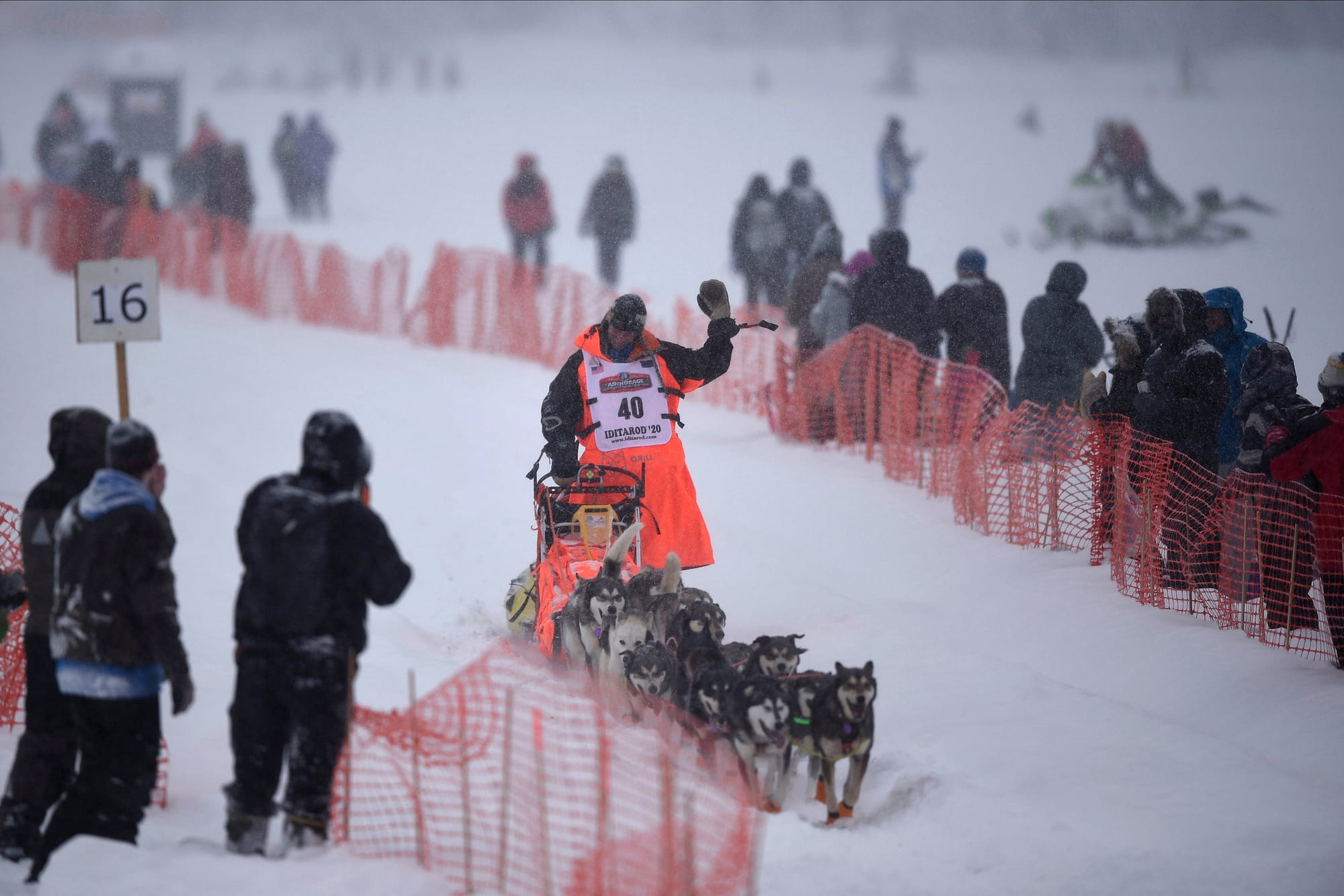
Centrebet became a major economic contributor in Alice Springs as an employer of more than 100 people, the turf club received a share of the revenue and Daffy’s reputation as a ubiquitous frontman who could create a headline continued to grow.
“I had no media training at all, I was pretty much self-taught but there were a few things I worked out early on,” he said.
“Firstly, there’s no such thing as ‘this is only between you and me’. That doesn’t exist.
“And the second thing is that I was available. I still tell the media now that I don’t care what time of the day or night or what day of the week it is, you can ring me.”
Daffy became the voice of the sports betting industry in an era when it was illegal for bookmakers to advertise.
“In essence, it wasn’t a bad thing that we weren’t allowed to advertise. Everybody wanted to know who was the favourite in the rugby league or the AFL and we became the go-to bookmaker for pricing,” Daffy said.
“The authorities, particularly in Victoria, were desperate to prosecute us for giving out prices but we weren’t paying for it.”

Centrebet was not only a pioneer of sports betting, it also became an innovator in tandem with the early days of the internet.
On a Friday in August 1996, Centrebet flicked the switch on internet betting as the second bookmaker in the world to go online.
The first bet over the internet was placed on an AFL match by an Australian expat living in Washington who wanted to back North Melbourne.
From that moment Daffy knew the industry would never be the same again. The world became smaller but the betting landscape got more significant – and crazier.
Centrebet made the running with an around-the-clock operation and an approach to international customer acquisition that relied on novelty and eccentricity to attract the public attention that came with it.
“We would bet on anything. Anything that we thought would get a headline,” Daffy said.
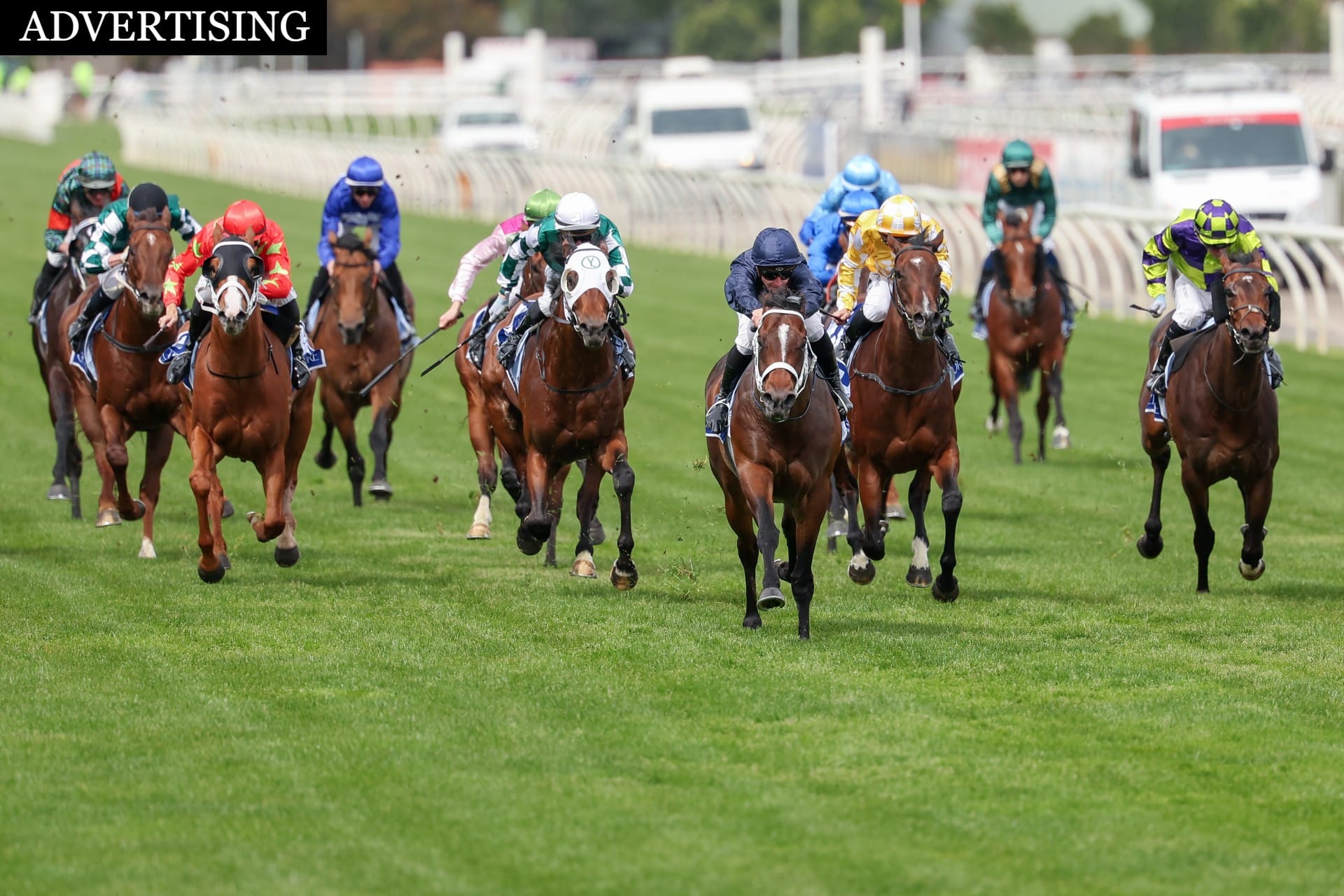
Aushorse Investor’s Guide 2025
- More Races worth $1 million+ than Europe & America combined
- More than 140,000 Australians involved in racehorse ownership
“One of the more bizarre things we would bet on was the Iditarod, a long-distance sled dog race. We got a lot of publicity in the US for doing that.
“And there were a couple of staples. The best one we ever did was the World Wife Carrying Championships in Finland and there was also the World Sauna Championships.
“We were opening up dozens of accounts every day from America. New Zealand was huge.”
And thanks to a tip from a university dropout in Denmark, Centrebet became even bigger as it tapped into the Scandinavian wagering market and provided a service that was more expansive than the existing offerings.
The Centrebet website was tailored for different languages and allowed customers to bet in their own currency on everything from the English Premier League to minor soccer leagues throughout Europe.
“At one stage we were betting down to fifth division in Danish football and friends and relatives didn’t even go to those games,” Daffy said.
Unlike the World Sauna Championships, which were discontinued in 2010, at 67 Daffy is still going strong in his role with the TAB.
“We would bet on anything. Anything that we thought would get a headline” – sports betting pioneer Gerard Daffy on his days at Centrebet.
He is one of the great survivors in an industry that looks nothing like the one he started out in more than three decades ago.
And there will be more changes. Daffy says further rationalisation is inevitable and there will be casualties. On a personal level he is pragmatic enough to know that he won’t be spruiking the odds forever.
Asked when he will retire, Daffy replied: “When they tell me they don’t need me any more. It could be tomorrow. It could be next week. It could be next year.
“But I’ll never retire from what I do, which is get up and watch sport and racing all day and read whatever I can about betting and pricing.
“I’m just fascinated and curious by it all but at some stage obviously I’ll finish up what I’m doing because I’m in that age bracket.
“But the love of what I do, that will never disappear.”

